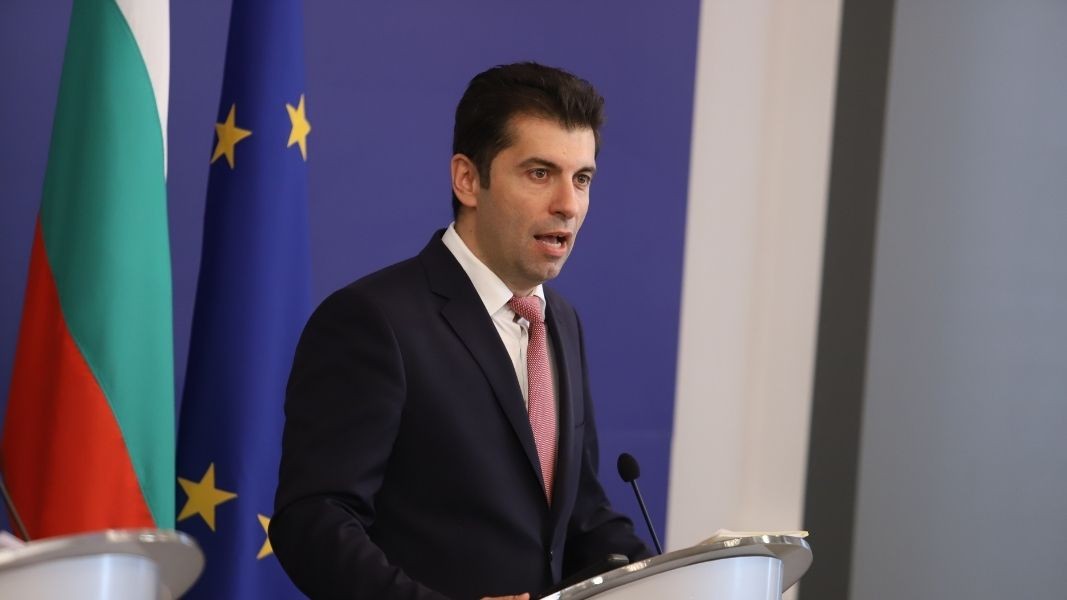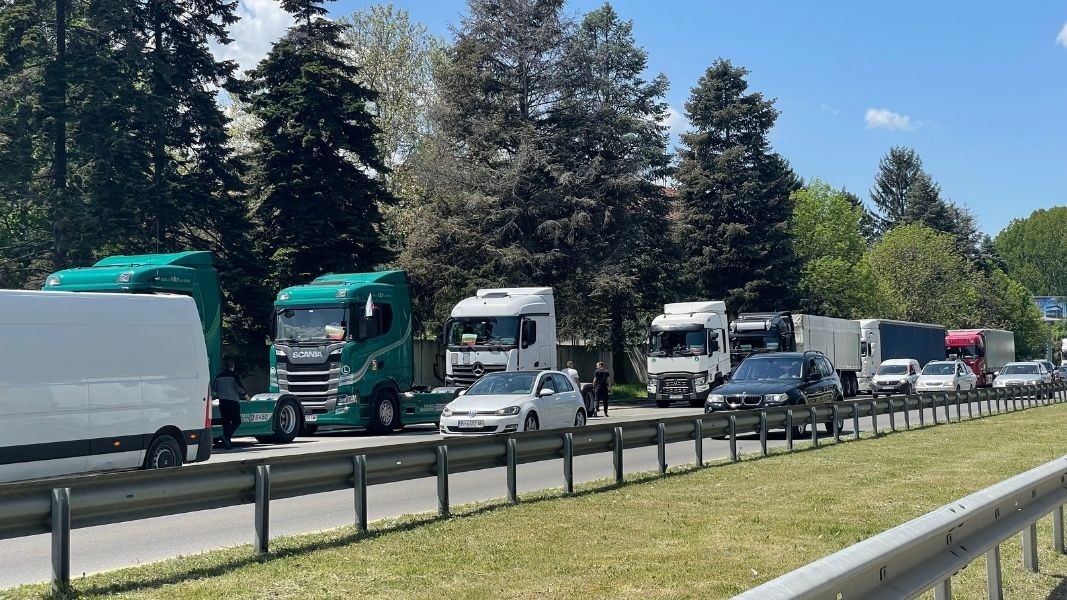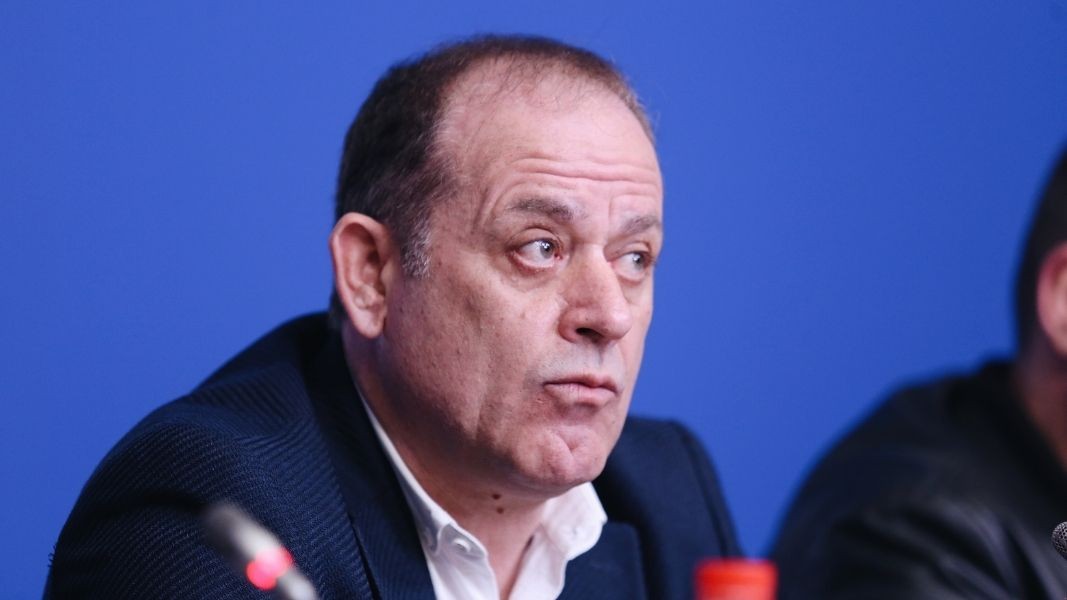Economic instability, the result of the war in Ukraine, and the growing energy prices have been producing a sense of turbulence and a fear of the future among entrepreneurs in Bulgaria, but also among the public. Right from the start of these processes, employer organizations and trade unions have been demanding adequate measures of assistance that will make production costs more predictable. To this end, a number of sectors declared they were ready to organize nationwide protests on 18 May.
In an attempt to ease tension, Finance Minister Assen Vassilev announced that the government was working on a package of anti-inflation measures worth close to 2 billion Leva.
And even though no accord has been reached on them by the four parties that make up the coalition government, Prime Minister Kiril Petkov negotiated, with the employers, compensations for the high gas and electricity prices for May and July, amounting to 80% of the increase in the price of electricity for sums of over 200 Leva per MWh.

Businesses, on their part, stated that they would postpone the protests scheduled for 18 May, but that they stand ready to go on protest until the time “the government begins to live up to the commitments it has assumed”.
“The government evidently appreciates the situation, because there was going to be a big non-political protest,” comments Emil Kolarov, chairman of the Bulgarian Restaurant Association. “The protest has not actually been cancelled, it has been put on hold,” he said in an interview with the BNR. In his words, more than 30,000 people were expected to come out to protest in the Sofia city centre – “all employer organizations, all member professional organizations in the sector, all trade union organizations”.

Yet, tensions in the transport sector continue to run high. Prime Minister Kiril Petkov is to hold a meeting with transport operator organizations in the country (scheduled for 3 PM today), which have not abandoned the idea of protests, protest applications having already been submitted in many cities in the country, among them Plovdiv, Varna, Burgas, Ruse, Pleven. The sector opposes the plan to extend the toll system in the country as of July, and expects measures to be taken to address the high fuel prices. Their demands on the government – scrapping the requirement for the bio-component in fuels and reducing excise duty by 50% for a period of 6 months – were submitted two months ago. According to the sector, these measures will curb inflation growth in the country, they are economic, not political.
“All issues that will be discussed have been cleared up. Demands have been raised clearly, and they have to be met,” Yordan Arabadzhiev, Executive Director of the Union of International Haulers said for the BNR.

He expects fuel prices to be at the focus of the talks. “It is commendable that the government has decided to give members of the public some kind of discount, albeit a minimal one (25 stotinki per litre of fuel when they fill up 50 litres per person – editorial note), but we expect to see a decision regarding businesses as well – when the supply chain was broken right at the start, that means a rise in the prices of all commodities. After the first protest on 27 April we said we were giving them 20 days to come up with a decision on the measures we are proposing. Tomorrow is the 20th day. For us, promises are not the same thing as putting measures in place,” Yordan Arabadzhiev commented, and added that the protests are not going to block traffic entirely, and that cars will be allowed to pass. Public transport in Sofia is also expected to join the protest, with services stopping at 9.30 AM tomorrow, Yordan Arabadzhiev says.
Compiled by Elena Karkalanova
Photos:The international wine festival "Bolgrad Wine Fest" is opening today in the unofficial capital of ethnic Bulgarians in Ukraine - Bolgrad. The two-day event will be held at the Center for Culture and Recreation. For the first time, within the..
The 33rd Bulgarian polar expedition is heading to Antarctica to continue its scientific research in cooperation with scientists from different countries. For the first time, travelers from two Balkan countries - Greece and Montenegro, as well as from..
The program of the Orthodox Book Week offers meetings with authors, publishers and translators of Orthodox books from the last few years. The event is held until November 10 at the ''St. Procopius of Varna'' Church, with meetings taking place every..
An innovation for the treatment of diabetic foot ulcer using the patient's own tissue and artificial intelligence has been implemented at the University..
The residents of Pleven (Central North Bulgaria) will bid farewell to 2024 with a Christmas Town and meetings with Santa Claus. This year's festive..
Modernizing critical thinking skills, fact-checking skills and media literacy are essential for society, especially for young people in Bulgaria - the..

+359 2 9336 661
